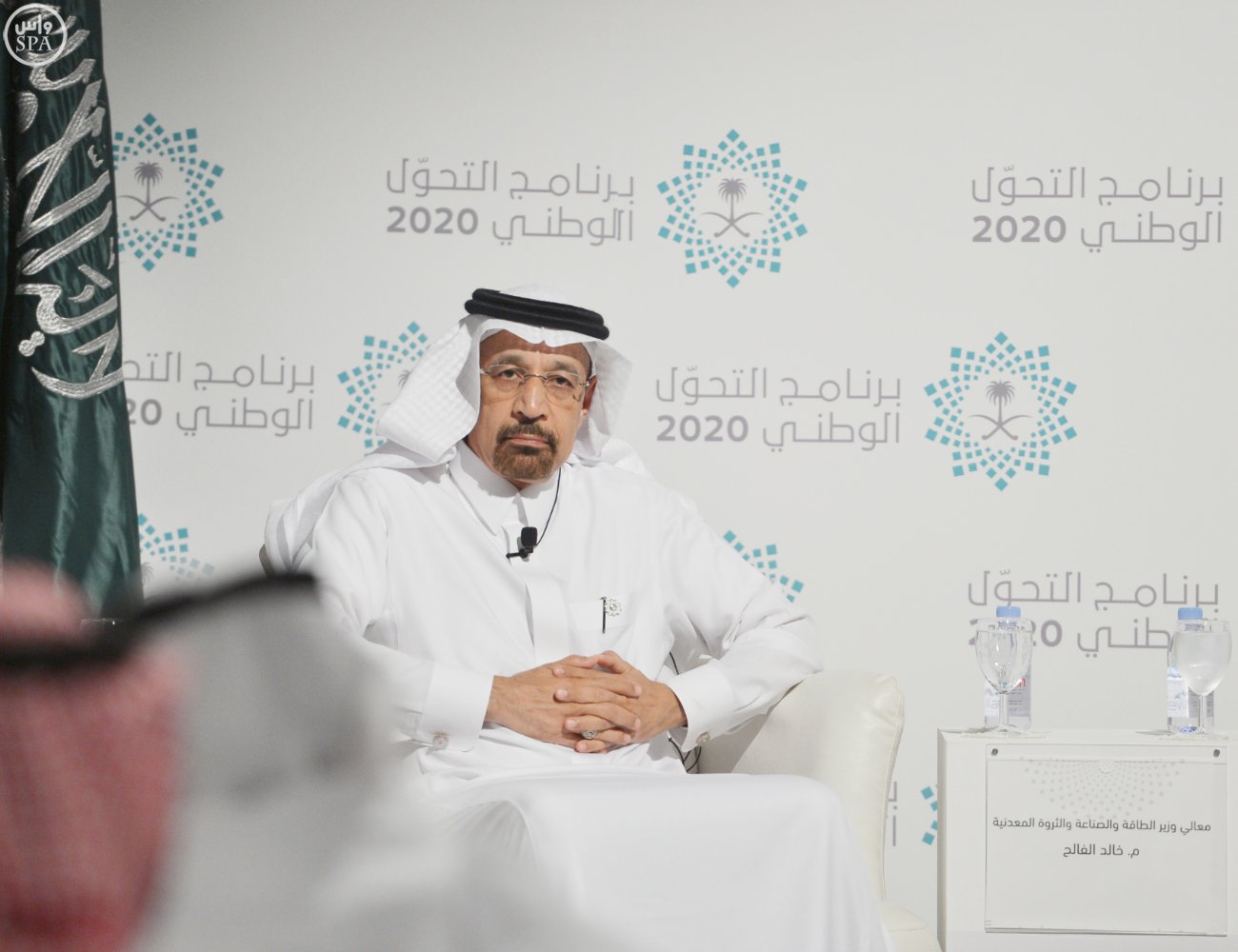Jadwa Investment’s recently released quarterly oil market update for Q2 2017 questions if discipline within OPEC is waning as oil’s price continues to stay low on international indices as high supply persists, but recent moves by Saudi Arabia in Russia this week indicate action is forthcoming to curb supply.
Oil prices declined by 8 percent quarter-on-quarter in Q2 2017 with higher OPEC oil production, mainly from Nigeria and Libya, plus continued rises in US oil production, according to the Riyadh-based bank. “Market sentiment has improved in recent weeks, if only mildly, with higher seasonal demand expected to lend some support to prices in the near term.”
“Latest OPEC data forecasts Q3 2017 global oil demand rising by 3.3 percent year-on-year, compared to just 0.8 percent year-onyear in H1 2017. Full year 2017 demand will, nevertheless, remain marginally lower than recent annual rises, at 1.26 million barrels per day (mbpd) year-on-year,” Jadwa notes.
OPEC moved on Monday to cap Nigerian oil output and called on several members to boost compliance with production cuts to help clear excessive global stocks and support flagging prices, according to Reuters. OPEC agreed with several non-OPEC producers led by Russia to cut oil output by a combined 1.8 million barrels per day (bpd) from January 2017 until the end of March 2018.
In comments on Monday at the St. Petersberg summit, Saudi Arabia’s Minister of Energy, Industry, and Mineral Resources Khaled Al-Falih said that the kingdom’s exports would fall to 6.6 million bpd in August as demand at home was rising, effectively representing a cut of 1 million bpd year-on-year.
Click here to read the full Jadwa report in [Arabic] and [English].









